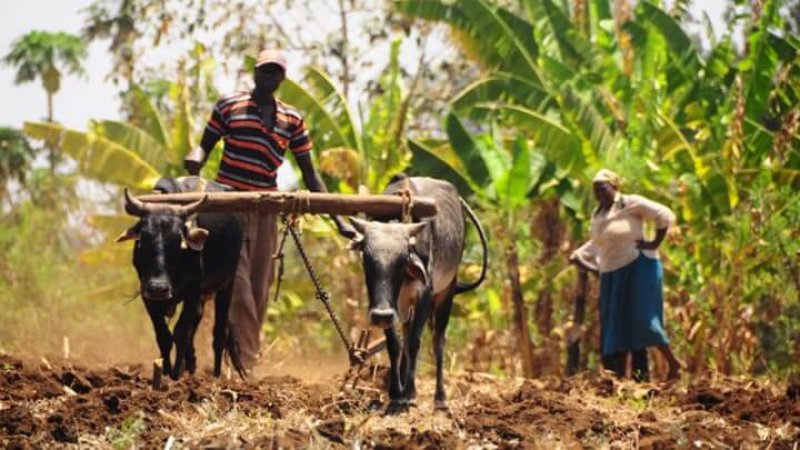Fortunately, inch by inch Africa is changing its mind on biotech crops, though only South Africa has approved Bt maize. Nigeria, Uganda, Ethiopia and Kenya are slowly changing their legislation.
…
More than half of the two billion people who will be added to the world’s population by 2050 will be Africans. Yet feeding the continent’s growing population, largely from African farms, is possible. And, like Asia before it, Africa can initially prosper through agriculture more than any other industry, but only if there is a green revolution of farming modernisation comparable to what happened in Asia in the Sixties.
…
Globally, if we had the yields of 1960 we would need more than twice as much land to feed today’s population. In which case, you could kiss goodbye to all rainforests, nature reserves and national parks.
The GLP aggregated and excerpted this article to reflect the diversity of news, opinion and analysis. Read full, original post: Like it or not, Africa’s future lies in GM crops































